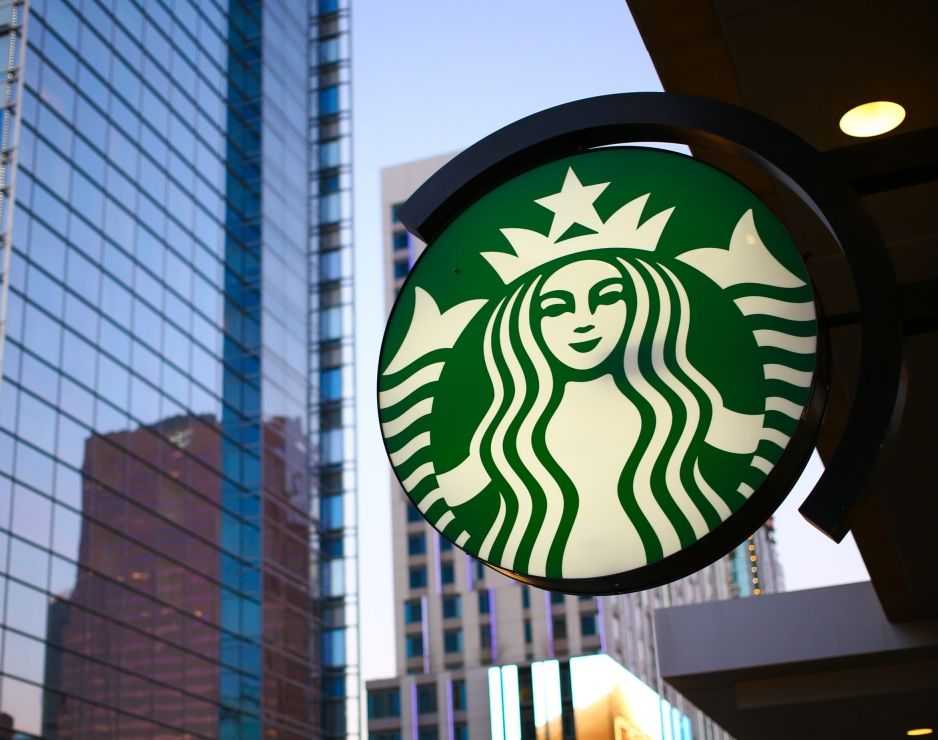MILAN – As a result of the COVID-19 health crisis, Starbucks said Wednesday it expects a loss in revenue for its fiscal third quarter of up to $3.2 billion, but said the disruption to its business should subside through the rest of the year.
The coffee behemoth is guiding for fiscal third-quarter net losses per share of 64 cents to 79 cents, and adjusted losses of 55 cents to 70 cents per share.
Sales are expected to fall due to the pandemic by $3.0 billion to $3.2 billion, from a year ago.
However, the company forecasts continued improvement through the fiscal fourth quarter, guiding for net EPS ranging from 11 cents to 36 cents, and adjusted EPS of 15 cents to 40 cents.
Full-year net EPS is expected to be 33 cents to 73 cents, and the coffee company is guiding for adjusted EPS of 55 cents to 95 cents
Due to liquidity measures, Starbucks expects an increased interest expense in the range of $435 million and $445 million in fiscal 2020, up from approximately $330 million in fiscal 2019.
The guidance sent Starbucks shares down as much as 4.7% on Wednesday, the most intraday in more than a month. The chain had declined 6.3% this year through Tuesday’s close.
The Seattle-based company foresees that its China and U.S. same-store sales will decrease between 10 percent and 20 percent for the complete fiscal year. In May, same-store sales in the U.S. had plummeted by 43 percent as the company brought stores back online but changed hours as well as operations.
Same-store sales in China, which began reopening earlier, dropped 21 percent in May compared to a 32 percent fall in same-store sales in April.
Approximately 96% of Starbucks stores are now open globally
In the U.S., 95% of the store fleet is open, while 99% of the locations in China are operating. Of those U.S. stores currently closed, most are in the New York City area.
The coffee chain plans to bring approximately 300 new stores online in fiscal 2020, which is lower than the 600 previously forecasted. It also intends to close up to 400 restaurants owned by the company over the year-and-a-half to come.
The news comes as Starbucks unveiled plans to speed up change to its U.S. store portfolio.
The company is now entering what Starbucks CEO Kevin Johnson calls the “restore and build resilience” phase, with a transformation that includes the growth of new Starbucks Pickup locations in markets such as Chicago, New York City, San Francisco and Seattle as well as “convenience-led enhancements” like drive-thru, curbside and walk-up windows in suburban locales.
Before COVID-19, approximately 80% of U.S. store transactions were already “on the go.”


















